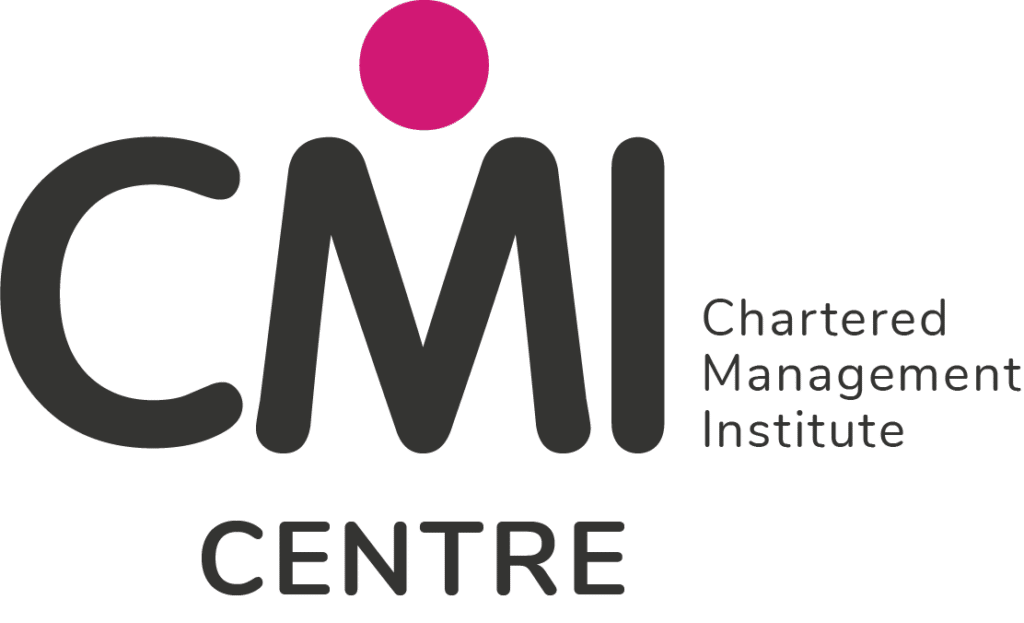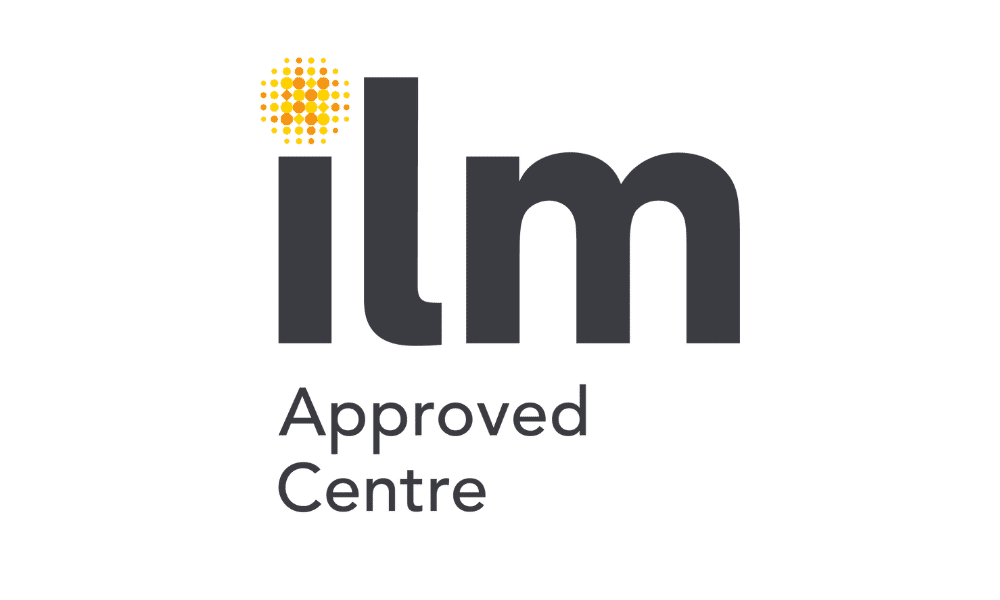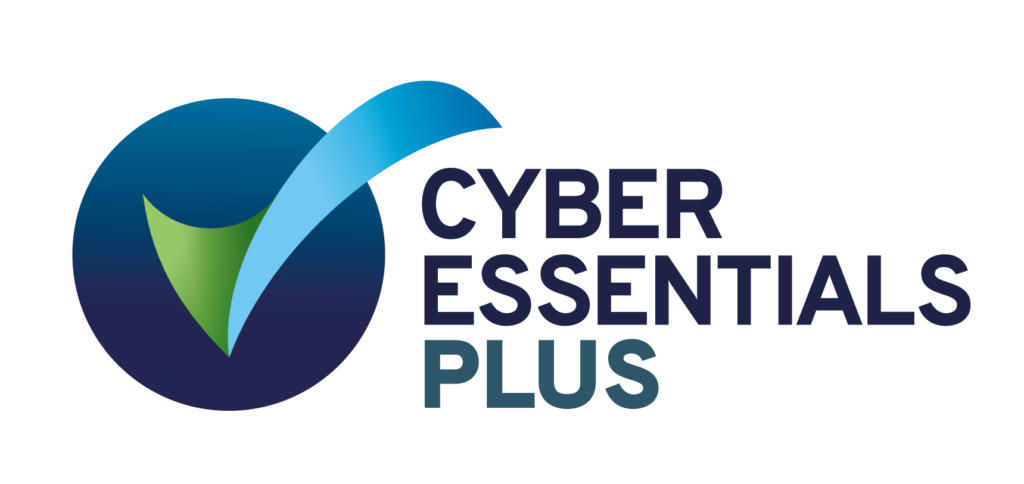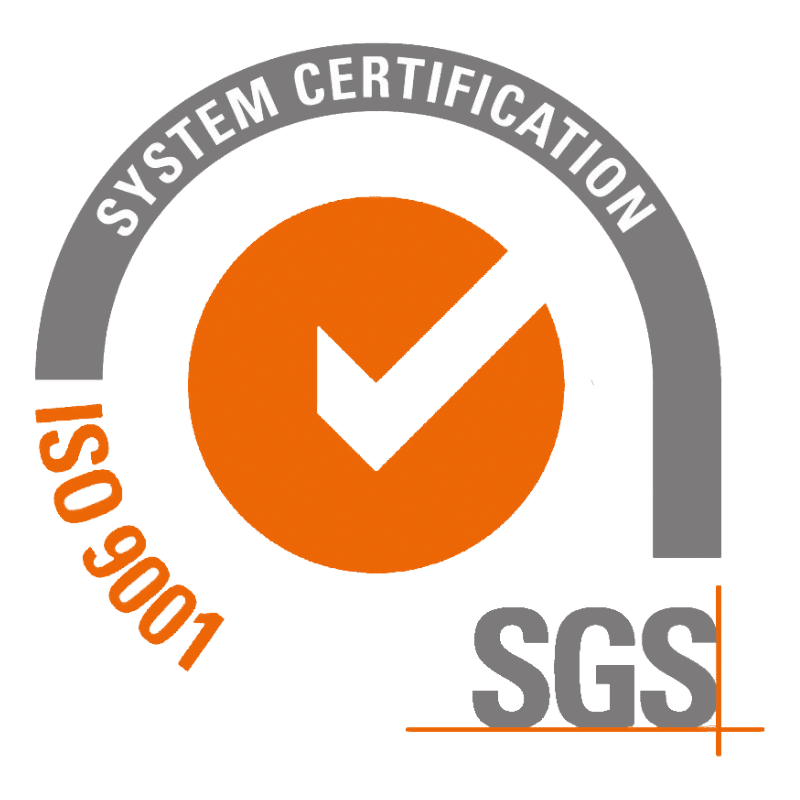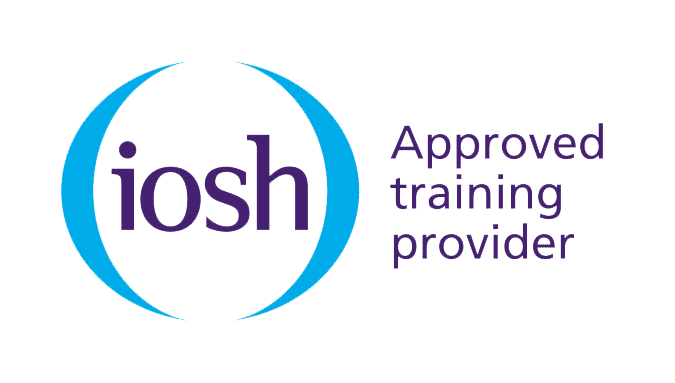Another week, another piece of research we can add to the overwhelming evidence that the remote working brought about by Covid-19 is here to stay.
This time, managers have spoken: 84% of 1,237 surveyed by the Chartered Management Institute (CMI) said that their firm had adopted hybrid working. (1)
Alongside this growth, comes an interesting opportunity for HR, Learning & Development and Organisational Development teams: ensuring their workforce develops the skills, and can access the knowledge, that they need for this working arrangement to be successful.

With such a rapid shift on a scale like this, it is easy to miss the disconnects between the skills people need and the learning support available to them, and consequences for productivity and effectiveness if they are no addressed, can be substantial. So, a proactive approach to the identification of skills needs pays dividends.

Research evidences that emotional intelligence is one of the critical remote working skills, the level of which will determine the success of remote and hybrid working arrangements. Why is this, and how can it help?
Put simply, it is vital for people to understand their own emotions and behaviours in order for them to adapt, and improve where necessary. What are their gaps or blockers to be overcome? This is the ‘managing self’ aspect – when it comes to managing and working with others, the ‘interpersonal’ aspect, social awareness is key.
When it comes to explaining the improved remote performance of those with a naturally high, or highly developed, level of emotional intelligence (EQ), answers lie in how they are predisposed to behave and think. There are characteristics of remote working where these following thoughts and behaviours make them more effective, such as:
Isolation

Working, alone, from home can be an isolating experience. With only an inner monologue for company, it can be easier to misinterpret, overreact or negatively respond than when in an office, where more sounding boards are at hand and more immediate feedback is available.
Emotionally intelligent people are good at pausing in between an event and their reaction to it. Through habit or nature, they can identify their emotional responses and exercise control over what they do next.
According to a recent survey conducted by Slack, almost half of newly remote workers report that their “sense of belonging suffers at home.” Through practices like journaling their emotions (literally or figuratively) and self-distancing (i.e. reflecting and re-framing negative experiences), emotionally intelligent people are better at intercepting and counteracting feelings like this before they affect performance.
Communication

Emotional intelligence isn’t simply inward-facing, people with a high EQ also consider others and how their behaviour will affect them. This is vital when it comes to communication. The informal chatter of an office is difficult to replicate in the form of emails and instant messages, which are more opaque and can lack nuance.
Communication requires care and attention before it ‘leaves’. This level of attention is a hallmark of the emotionally intelligent: through active listening and empathy, they run messages and comments through their own internal filter before sending them on their way.
Supporting your workforce to build their emotional intelligence can start with Microlearning support and progress with interactive workshops lasting from 90 minutes up to a full day.
Eliesha would be delighted to help with either or both – just fill out an enquiry form on our Talk to Us page or send us an email!
